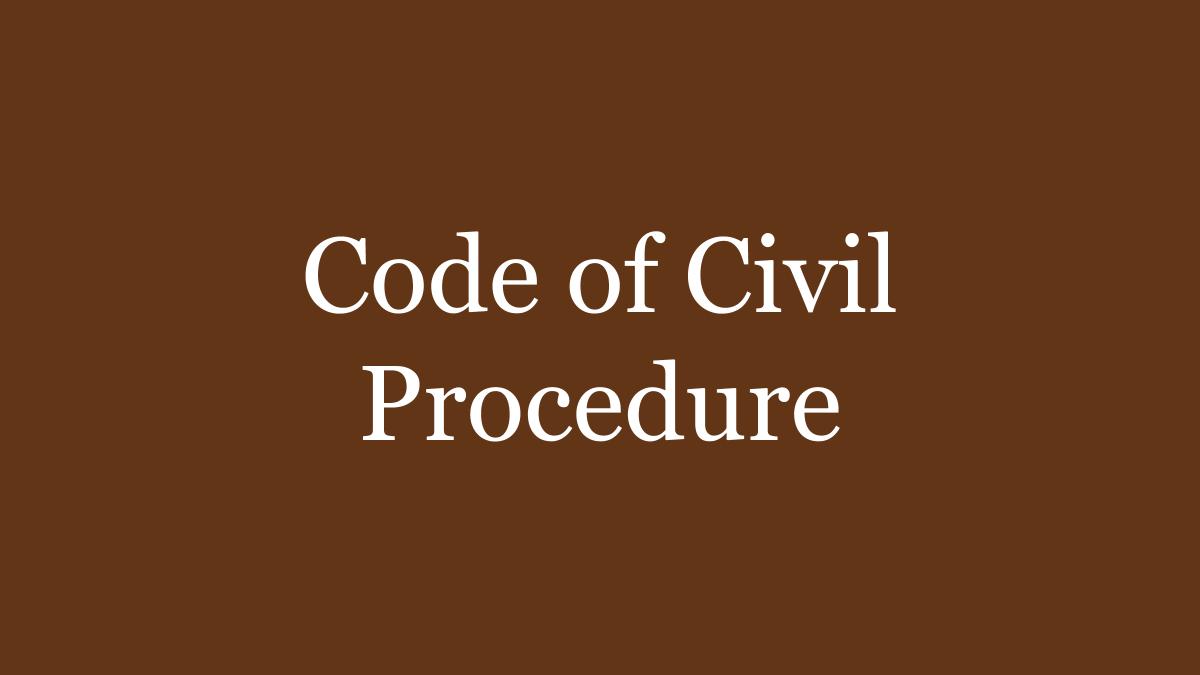Section 10 would apply only if there is identity of the matter in issue, namely, that the whole of the subject matter in both the proceedings is identical. This was held in MRS UMA HADA V.MR. SUNIL GUPTA. [CS(OS) 339/2020] in the High Court of Delhi by a single bench consisting of JUSTICE JAYANT NATH.
Facts are that the plaintiff is the absolute owner of the property, the plaintiff and her husband are aged about 72 years and 78 years and are senior citizens dependent on the rental income from the suit property. The defendant was residing in the suit property as a lessee and is persistently in default of payment of rent since April 2020. The present suit for possession has been filed against the same.
The counsel for the petitioner contended under similar facts and circumstances, this court rejected the plea of an oral agreement to sell as has been raised by the defendant in the present suit.
The counsel for the defendant submitted that the suit filed by the defendant in the district court for permanent injunction was filed on prior to this suit in October. Thus consideration should be given to that suit which is a prior suit as the present suit was filed in November. Hence it is urged that the present suit is liable to be stayed.
The court made reference to Section 10 CPC, in order to determine the claim that the filing of the said suit prior to the filing of this suit by the defendant attracts Section 10 of the CPC and entails, that the present suit to be stayed or not.
The court made reference to judgment of the Apex court in National Institute of Mental Health & Neuro Sciences vs. C. Parameshwara, wherein it was observed that “The object underlying Section 10 is to prevent courts of concurrent jurisdiction from simultaneously trying two parallel suits in respect of the same matter in issue. The object underlying Section 10 is to avoid two parallel trials on the same issue by two courts and to avoid recording of conflicting findings on issues which are directly and substantially in issue in previously instituted suit. The language of Section 10 suggests that it is referable to a suit instituted in the civil court and it cannot apply to proceedings of other nature instituted under any other statute. The object of Section 10 is to prevent courts of concurrent jurisdiction from simultaneously trying two parallel suits between the same parties in respect of the same matter in issue. The fundamental test to attract Section 10 is, whether on final decision being reached in the previous suit, such decision would operate as res judicata in the subsequent suit”.
Considering the facts of the case and the legal precedents, the court observed that, The present suit is a suit for termination of the lease and consequent, possession of the suit property. There are material differences in issues, cause of action, and the reliefs which are sought in the suit filed by the defendant in the district court and the present suit filed by the plaintiff. Section 10 CPC would have no application to the facts of this case. Thus a decree was passed in favour of the plaintiff and against the defendant for possession of the suit property.


